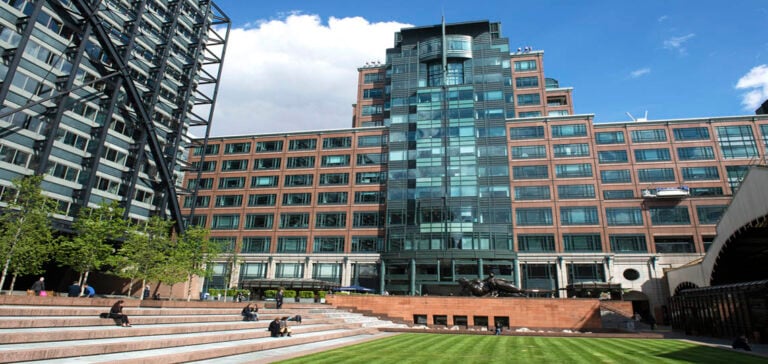Moldova secures its gas supply with support from EBRD. Indeed, the European Bank for Reconstruction and Development (EBRD) is extending its commitment to Moldova to strengthen its energy security. A new €199 million financing package, including a €165 million loan from EBRD and a €34 million grant from Norway, consolidates Moldova’s position in the gas market.
Reducing dependence on Gazprom
Moldova, traditionally dependent on gas imports from Gazprom, is seeking to diversify its gas supplies. The contract with Gazprom expires in 2026, and the disruption caused by the conflict in Ukraine makes this a priority. The EBRD plays a key role in enabling Moldova to reduce this dependence.
A crucial issue for Moldova
Natural gas accounts for a significant share of Moldova’s energy mix. It is mainly used for district heating by the local population and Ukrainian refugees. The aim is to guarantee an uninterrupted gas supply to meet Moldova’s basic and economic needs.
Diversification in action
Thanks to EBRD support, Moldova has already been able to increase its share of gas supplies from the European Union. It has risen from less than 5% in 2021 to around 20% of demand last winter. This initiative aims to increase this share to at least 75%, thus reinforcing the country’s energy diversification.
Strengthening energy security
This financial support is not limited to the purchase of gas. It has also enabled the creation of strategic gas reserves stored in Romania and Ukraine, helping to mitigate seasonal price fluctuations and improve energy security.
Promoting alternative supplies
The Moldovan government has authorized the state-owned energy trading company JSC Energocom to buy gas on the spot market, mainly on the EU and Ukrainian borders. This approach guarantees total transparency of transactions and traceability of funds.
EBRD in Moldova
EBRD is a major investor in Moldova, contributing over 2 billion euros to the country through 168 projects. Its aim is to promote European integration, improve the performance of the private sector and support the development of efficient public services for the well-being of the population.
Moldova strengthens its energy security thanks to the commitment of EBRD, which is extending its financing for gas purchases. This initiative reduces dependence on Gazprom and ensures a continuous supply of gas. It also contributes to the diversification of the country’s energy mix. EBRD plays a key role in promoting European standards and sustainable development in Moldova, with positive spin-offs for the lives of its citizens.





















